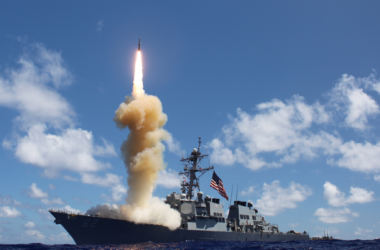A recent report has exposed the United States’ utilization of a legal loophole to conduct approximately 100 arms sales to Israel discreetly during the Gaza conflict. The revelation has sparked controversy and raised questions about transparency and accountability in US arms deals with foreign nations.
The arms sales, which reportedly took place amid heightened tensions and violence in Gaza, were conducted through the use of Direct Commercial Sales (DCS) licenses. Unlike Foreign Military Sales (FMS), which are subject to more stringent oversight and public scrutiny, DCS licenses allow for a more expedited approval process and do not require public notification or congressional approval.
Critics argue that the use of DCS licenses to facilitate arms sales to Israel during a conflict raises serious concerns about the lack of transparency and accountability in the US arms trade. They argue that such transactions should be subject to greater scrutiny and public debate, especially when they involve nations engaged in active conflicts.
Supporters of the arms sales, however, maintain that they were necessary to ensure Israel’s security and ability to defend itself against threats from Gaza. They argue that Israel has the right to defend itself and that the US has a responsibility to support its ally in this endeavor.
The report has reignited debate about the US-Israel relationship and the role of the US in the Israeli-Palestinian conflict. Critics argue that the US’s unwavering support for Israel, including arms sales during conflicts, undermines efforts to achieve a peaceful resolution to the conflict and perpetuates violence in the region.
Proponents of the US-Israel relationship, on the other hand, contend that Israel faces legitimate security threats and that the US has a strategic interest in supporting its ally. They argue that arms sales are a necessary component of this support and that they help maintain the balance of power in the region.
As the debate rages on, the report has underscored the need for greater transparency and accountability in US arms sales to foreign nations. Critics are calling for reforms to ensure that arms sales are conducted in a manner that upholds human rights and promotes peace and stability in conflict-prone regions.








